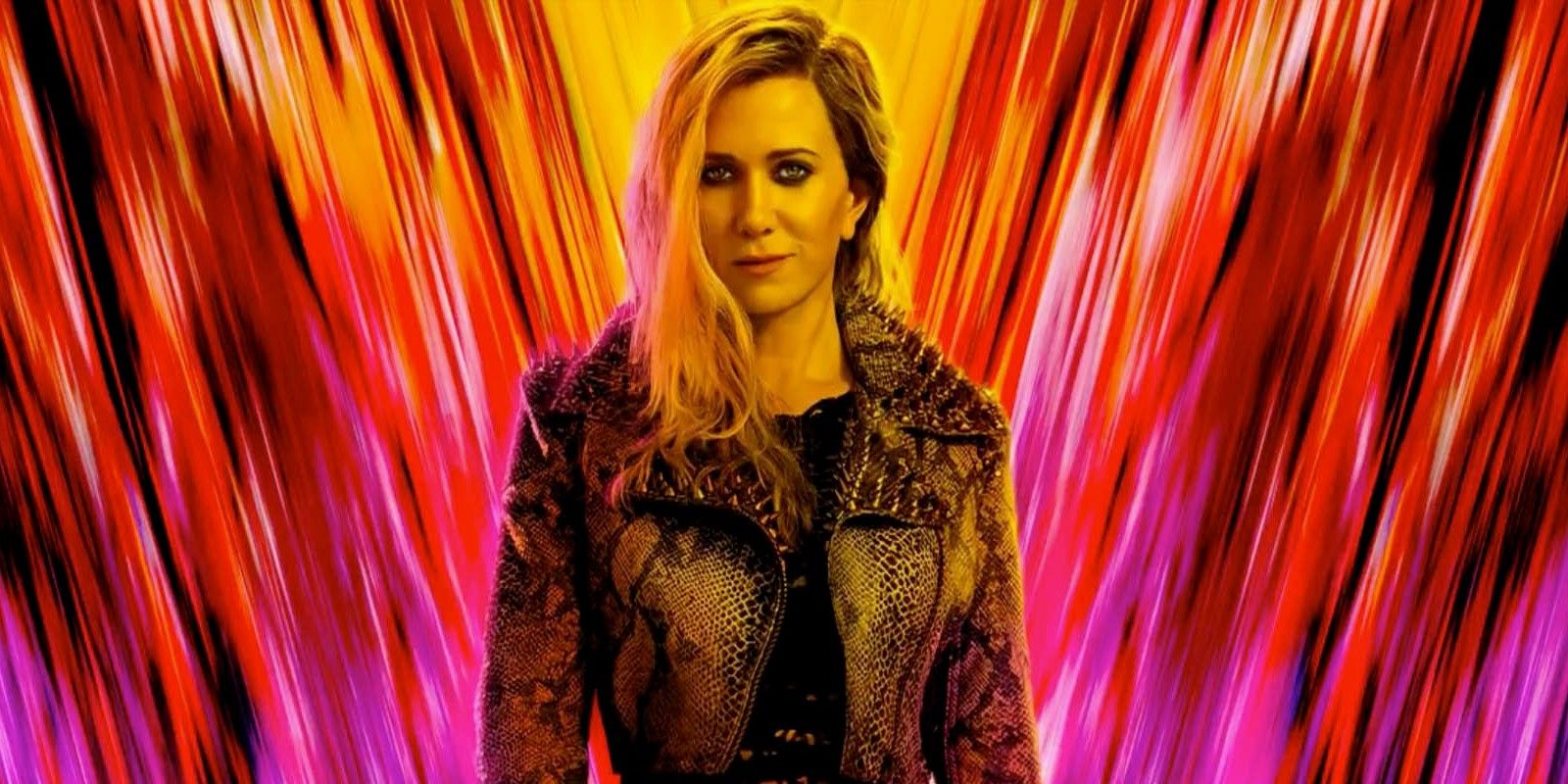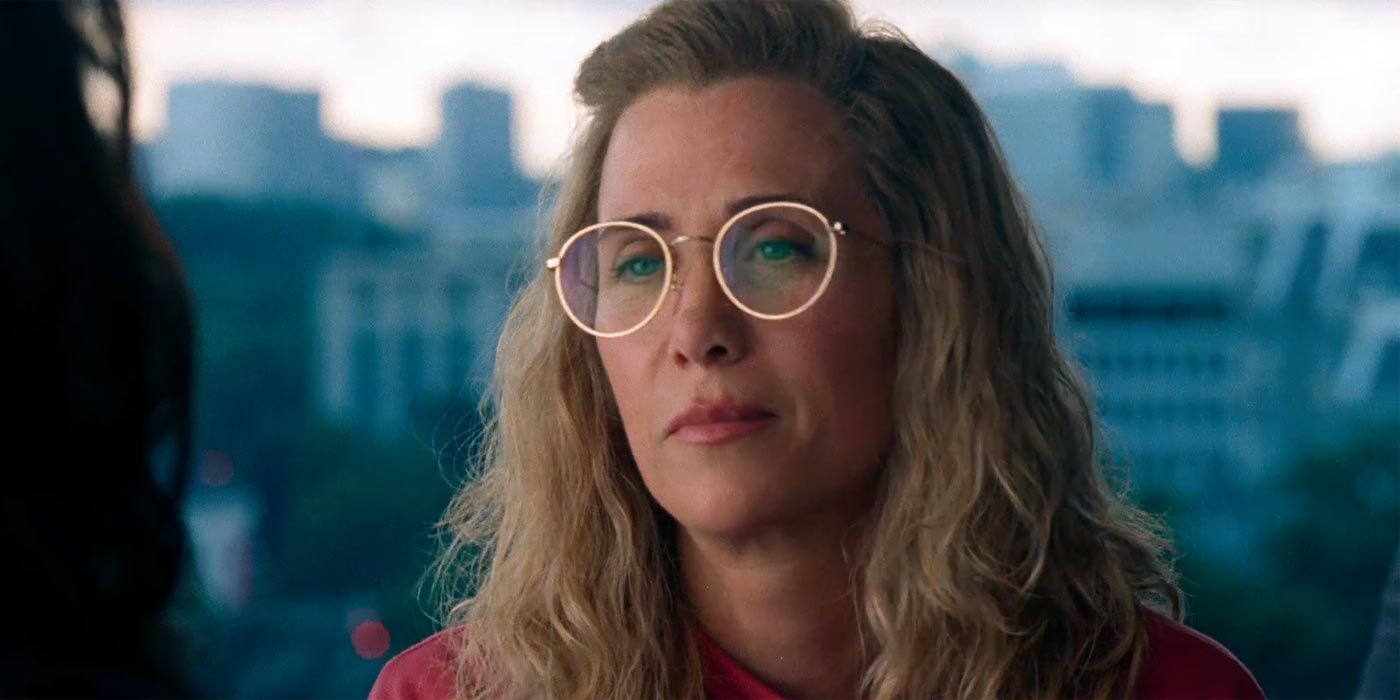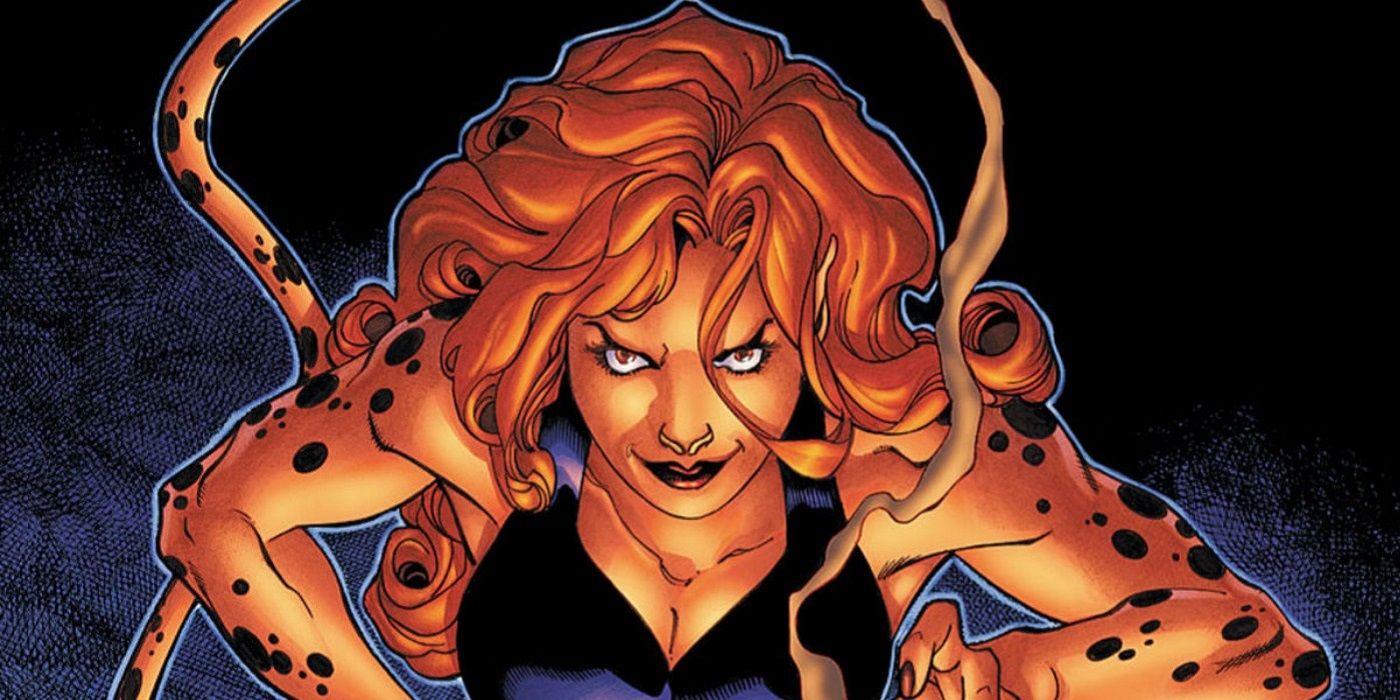WARNING: The following article contains major spoilers for Wonder Woman 1984, now in theaters and on HBO Max.
Wonder Woman has always been associated with queer culture in the pages of DC Comics, and her position was solidified when she was confirmed as bisexual. However, she is far from the only one in her immediate cast of characters that is part of the LGBTQA community. In the DC Rebirth continuity, Cheetah has a special relationship with Etta Candy, which is on top of her having relationships with other men, meaning she's bisexual.
But that's not the only iteration of the character that identifies as such. Wonder Woman 1984 featured Dr. Barbara Minerva fawning over Diana Prince, which ultimately feeds into both her admiration of her and aspiration to be her. However, while this was something that could've been left on the cutting room floor, by leaving it in, Patty Jenkins and Co. manage to humanize Cheetah and make bisexuality less stigmatized in media in one fell swoop.
BARBARA MINERVA
In the first act of Wonder Woman 1984, Barbara Minerva ends up crushing on every attractive person she encounters -- first Diana Prince, then Maxwell Lord. The result indicates that, since she expresses attraction to people of different sexes, she is either bisexual or pansexual.
Her attraction to Lord is fairly obvious from the start, with her fawning over him and being very eager to make out with him in her office during the donation party. However, while her attraction to men is fairly surface-level, her attraction to Diana is a little less obvious. She very clearly wants to be sexy and cool like Diana, but it can be difficult to determine if Barbara just envies her, is attracted to her or both.
One way to look at this is that her initial instinct when seeing Diana is to ask the Amazonian on a lunch date, awkward and flustered. She constantly compliments Diana, showers her with praise and admiration, while also wanting to be as close to her as possible, even as things turn south. It's clear from Kristen Wiig's acting that she is behaving with Diana the same way she was with Maxwell Lord -- immediately connecting the two events.
WHY CHEETAH'S BISEXUALITY MATTERS
The simple reality is that the Wonder Woman movies, despite featuring a canonically bisexual superhero, have been fairly heteronormative. There was a brief allusion to same-sex relationships in the first film, but nothing on-screen. This is not to say there needs to be queerness inserted into a movie about Wonder Woman for it to have merit, but rather that its absence is noticeable.
This is why Cheetah's bisexuality is a welcomed addition to the film, as it adds an extra layer to Diana and Barbara's relationship, made more impactful with how it's clear Diana does care about Barbara back. She doesn't shame her for being attracted to her or wanting to be near her. This is vital for bisexual representation, which is often shamed as perverse or greedy in films.
This also differentiates Cheetah from several other villains who go from fans of the hero to their enemies, such as Syndrome from The Incredibles, Electro from The Amazing Spider-Man 2 and the Riddler from Batman Forever. By going this route, Wonder Woman 1984 houses a far-less superficial narrative, offering real layers to the betrayal Cheetah feels when it turns out Diana might steal all that she believed made her important and unique.



